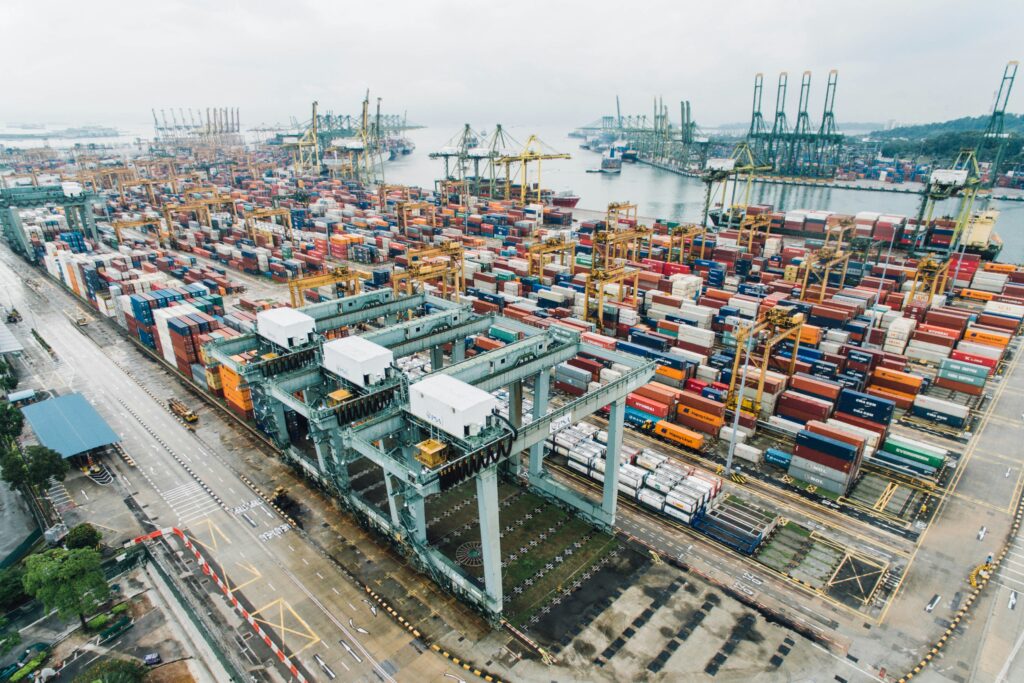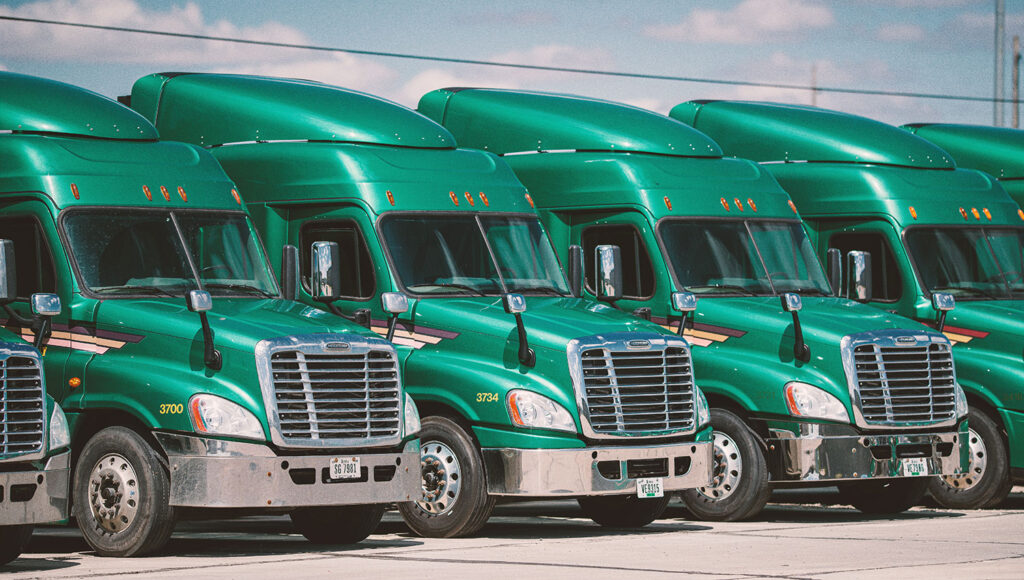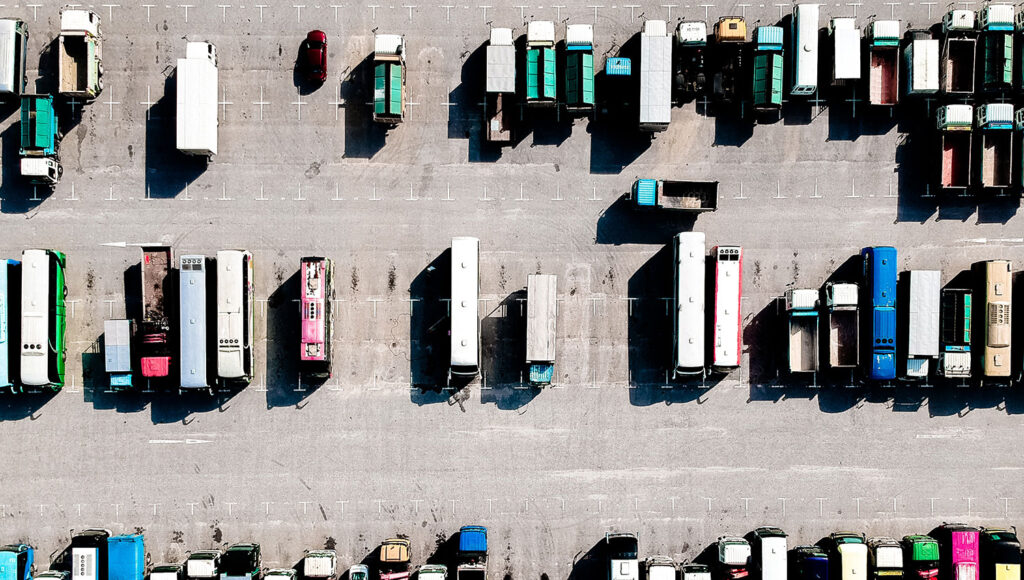Transportation and Logistics

IANA Awards UT Funds to Support Supply Chain Management Students
The Intermodal Association of North America will allocate $90,000 in academic awards to Haslam’s Department of Supply Chain Management from 2025 to 2027.

Yemisi Bolumole Contributes to Federal Study and Publication on Long-Haul Driver Compensation and Safety
UT Knoxville supply chain management professor Yemisi Bolumole contributed to a nationwide study examining the impacts of compensation methods on driver retention and safety in the trucking industry. The report, which Congress requested, was conducted by experts recruited by the Transportation Research Board (TRB) of the National Academies of Science, Engineering, and Medicine.

UT Research Finds Female Truckers More Likely to Comply with Safety Regulations
The research co-authored by Alex Scott found that male drivers were 13.2 percent more likely to have received a major unsafe driving violation.

UT Takes a Leadership Role at the Airport Ground Transportation Association Conference
Jeff Trombly of the supply chain management faculty recently helped to organize the AGTA Conference in Salt Lake City, Utah, from Sept. 29 to Oct. 2, 2024. UT is the only university actively involved with the AGTA, which consists of more than 200 members working for domestic and international airports, ground transportation operators, and the parking industry.

Understanding Organized Labor’s Impact on Our Supply Chain
With the reopening of the East Coast ports, the United States avoided another potential disruption to its supply chain. J.P. Morgan estimated that each day the ports were closed cost the US economy approximately $4 billion—a roughly $12 billion impact after three days of strikes. Yet the threat of a potentially longer strike isn’t over, only delayed until at least January 15, 2025.

Transportation and Logistics Collaborative Concludes Year One with Inaugural Director and High-Level Industry and Government Projects
In the past year, the Transportation and Logistics Collaborative (TLC) led by Ryder Professor Yemisi Bolumole has made progress on significant projects with private sector companies, U.S. government agencies, and universities.

What to Know About Coming US Industry Emissions Reporting Rules
Disclosure requirements for U.S. industry greenhouse gas (GHG) emissions are inevitable. However, what form these requirements will take is unclear, according to Alex Scott, associate professor and Gerald T. Niedert Professor of Supply Chain Management, at the University of Tennessee, Knoxville’s Haslam College of Business. As evidence of these rules’ fait accompli, Scott cites several developments in this blog.

‘Historic’ Teamsters’ Contract Means Labor Can Flex Its Muscles Beyond Supply Chain, Expert Says
Hailed by the Teamsters as “the most historic collective bargaining agreement in the history of UPS,” their recently approved five-year contract with the shipping giant is full of wins for the union. In this follow-up Q&A, Alan Amling, who worked at UPS for 27 years, discusses how the Teamsters will leverage this win and what it says about labor’s strength in the U.S.

Making Sense of Sustainability Reporting Requirements
In previous blog posts, professor and transportation expert Alex Scott examined current standards for measuring truck emissions and proposed a science-based, data-driven method for improving how Scope 3 truck emissions are measured. Here he shares how to make sense of sustainability reporting requirements.

New GSCI Collaborative Continues Rich History of Leadership in Transportation and Logistics
This August, the University of Tennessee, Knoxville’s Global Supply Chain Institute launched the Transportation and Logistics Collaborative (TLC), which will work closely with the Center for Transportation Research and Baker School of Public Policy and Public Affairs to bolster the understanding of how transportation systems, policies, and industry interact in the United States and around the world.